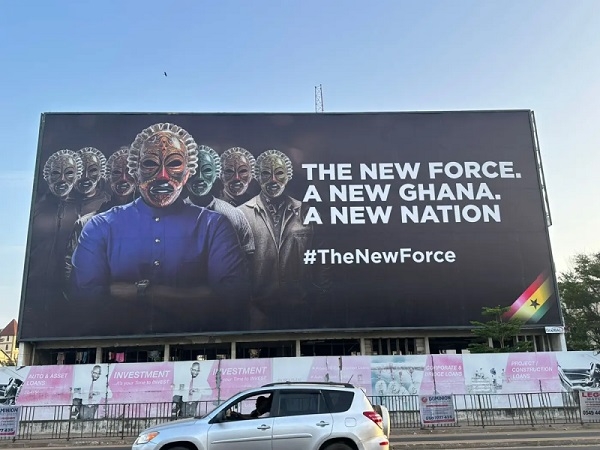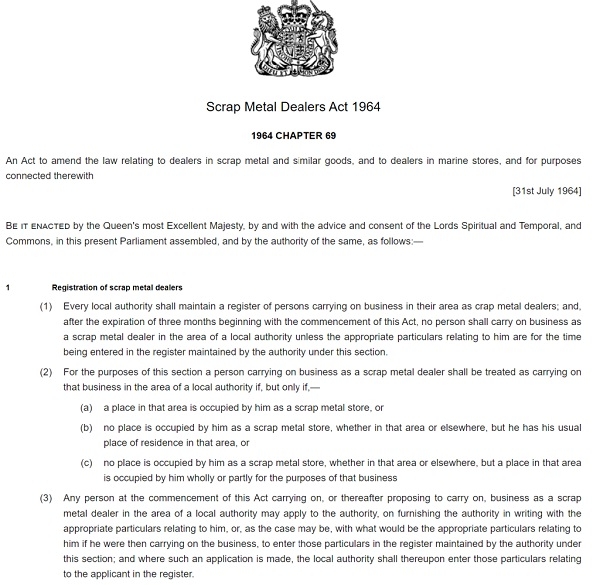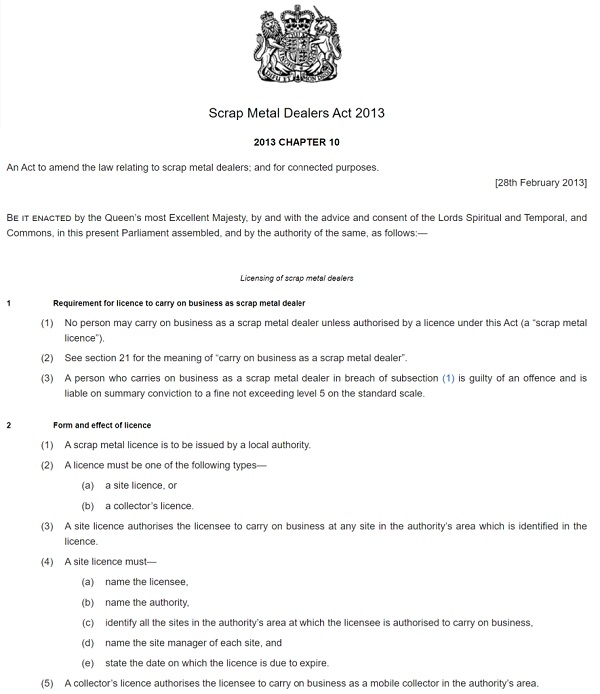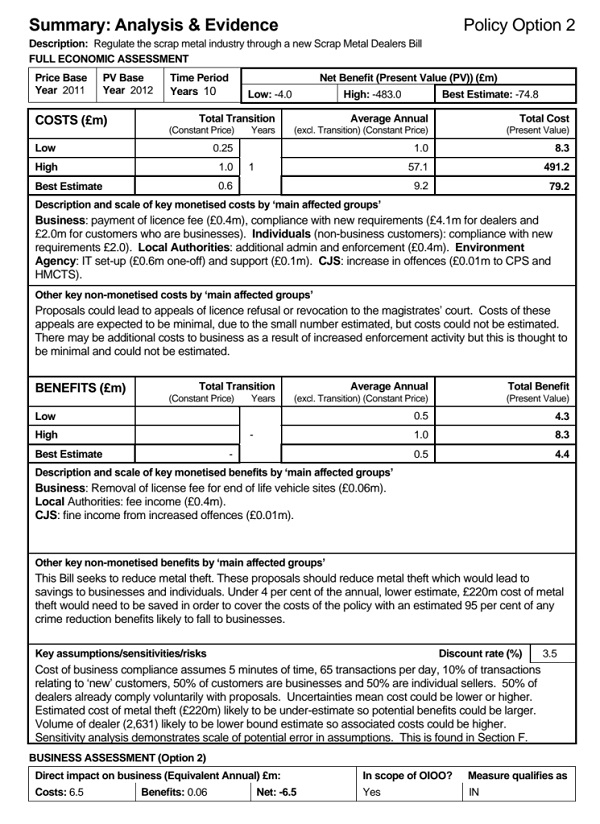 Bright Simons of IMANI Africa and Nana Kwame Bediako, also known as Cheddar
Bright Simons of IMANI Africa and Nana Kwame Bediako, also known as Cheddar
This morning, your dutiful writer got a message from a notable Ghanaian journalist about Cheddar’s “scraps to riches” story about the origin of his wealth.
If you are Ghanaian, you must have heard of Cheddar by now, unless you have been living under a rock. He is a flashy real estate tycoon who has in recent days sucked all the oxygen from the room after announcing that he is the “man in the mask“, a mysterious billboard figure with echoes of V for Vendetta.
Upon unveiling himself, he said the mask signifies the ancestors, solidarity, and the importance of putting the “message above the messenger”. And, just to be clear, he is running for President.
Given his flamboyance and esoteric wealth displays, the source of his fortune quickly became a talking point. The airwaves, the gossip blogs, the tabloids, and every social media corner got flooded with opinions, debates and the occasional fistfight.

That’s where the “scrap” comes in. Cheddar says he made his first million pounds selling discarded metal junk on the streets of London at age 21 from his flat in Walthamstow. He had two employees who lugged the stuff around, and brought in the trade.
Much fun has been added to the drab election season. Too many of the same old faces have been shoved into our Ghanaian spaces wearing the same plastic smiles for too long. Some levity and vivacity was clearly overdue. But the message from the aforementioned notable journalist also raised issues about whether Ghana was becoming an unserious society.
This is a country that is after all in the midst of an IMF bailout program after one of the most catastrophic economic crises in a generation. Should the serious business of electing the next President be reduced to pantomime?
My own view is that if there is any unseriousness, it is not Cheddar who is injecting it into our bloodstream. Your dutiful writer spends all his non day-job hours researching into and writing about heavy stuff, stuff no one being fair can call unserious. Maybe overwrought, overearnest and longwinded, but, surely, not unserious? IMF, SML, Agyapa, Kelni GVG, CDB loan, China Hassan, lithium, STX, Bailout, pick your choice.
Rest assured, dear reader, in this author’s experience, there isn’t that much of a difference in Ghana between the so-called elite, the serious people, on the one hand, and the ordinary masses, on the other hand, when it comes to willingness to sacrifice time and leisure to really grasp the “facts”, “policies” and “serious information” about the country’s predicament.
With the exception of a very tiny maverick cohort, elite Ghanaians are just as comfortable with the surface news, neon headlines, and nuggets of gossip as everyone else. You may say that this is due to the bad writing and boring style of authors like yours truly, but can you point to many successful counterpoints of hard facts getting a serious hearing in contemporary Ghana?
If you attempt to create the Ghanaian version of Foreign Affairs, Caijing, Foreign Policy, Caravan, Atlantic, or the London Review of Books, you will read it yourself. You and your crew of a few dozen mavericks. Not to embarrass many eminent people, we should refrain from citing examples, but Ghana abounds in graveyards of all manner of projects that sought to test this truth.
In this author’s 17 years of public policy activism, he has learnt the hard way that the number of Ghanaians who really care about rigorous facts, “truth value“, “policy detail” and “more than surface insight” to spend precious time on them, to support their production, or to create communities willing to use them for real-world effect are far too few and far between to form a critical mass that can impact the culture of conversation in anyway. That is just the blatant fact. Cheddar’s presence doesn’t affect this reality in anyway. Only ideological tenacity makes some like this author persist.
Cheddar’s political progress, if any, will be shaped by his ability to emotively connect on the surface, and either find a way to mobilise organic social bases like ethnic groups and religious communities, or to activate a fast growing, but still politically insignificant, young voter population that has a very limited interest in politics and is concerned solely with hacking the system as it exists.
Hacking it, so to speak, by using new tools like betting, crypto, remote work, japa, and MLM. That latter voting bloc is not looking for revolution, just inspiration to “make it”. They are not tickled by facts and figures anymore than their social betters are. This is just the bitter truth.
The raw and stomach-churning reality that elites in Ghana refuse to confront is that the country has spawned a low-information society where the middle classes simply do not play the role they do elsewhere. They do not sacrifice their time, energy, leisure and intellect for civic causes.
They will do so for business, ethnic/chieftaincy, religion, alumni groups, hobby groups, and even sports, endurance, and adventure clubs, but never for civic causes. Things related to public policy, environmental activism, ideological movements and the like simply don’t fall within the range of consciousness of the Ghanaian middle class. Yes, there are the occasional sparks, but they never light a fire bright enough or for long enough to attract enough people to build any durable civic movements.
Some will say that these are just the products of a low income environment, but that won’t be very accurate. India, parts of Latin America, and pre-Erdogan Turkey are examples of “low income” societies that nevertheless experienced civic consciousness blooms and intense, as well as penetrating, public square cultures well before attaining middle income economic status.
In the Ghana of today, however, civic matters do not attract enough scrutiny for facts to matter too much. People form a quick impression and move on. Which is exactly what has happened in the “scraps to riches” affair.
Admittedly, the issue of Cheddar’s wealth or lack of wealth is not a policy issue. He himself says that it is no one’s business. Enthusiasts of clean politics who would love for “unexplained wealth orders” to be used more liberally in the fight against political corruption are aghast. Tomes can be written about the cracks and nuances of this debate.
But considering the sheer level of attention the scrap issue has received, one would have expected that there would have been, at least, a certain strata of the public square where serious people will want the hard facts, or something as close to it as possible. And that there would have been those willing and able to supply. Like all that energy serious American commentators and researchers have expended on unpacking Trump’s business affairs, even after he got into office.
On the specific issue of scrap, everyone knows, for example, that in the UK, one cannot deal in scrap without a license. Here is a snapshot of the 1964 scrap dealers law:

Scrap-dealing is such a regulated industry that the government amended the law in 2013 to further tighten various provisions:

One cannot legally deal in scrap metal without a license or a permit in the UK. It has been so for a considerable length of time. And the licensing is not cheap. Fees are set by local authorities with some guidance from the central government. Each local authority also maintains a register of both applicants and licensees. During the design of the latest regulations, preparatory work involved an economic assessment of the impact of regulatory compliance on scrap dealers in the UK. It was found that the cost of compliance for each subject entity exceeds £4 million.

In short, it is easy for anyone who is really interested because they think Ghana must prevent a shady character from becoming President to follow the path of inquiry hinted above to determine if Cheddar’s “scraps to riches” story is true. If getting to the bottom of this affair is of such public interest, given how much attention it has garnered, why hasn’t anyone done it yet? Instead of following the Ghanaian public square conversation format of “everything is debatable”, why isn’t there a layer of commentary where the truly serious middle class can turn to for the “hard facts”?
Of course, every society has a conspiracy fringe where mainstream facts will never wash. There is no dispute about that. But every serious society also has a layer for authoritative information. Does Ghana at this point? That, as far as this author is concerned, is the question.
Some readers will feel cheated at this stage because they started reading with the expectation that the essay will proceed to answer the question of whether Cheddar made his money from scrap or not. But such readers have not been paying attention. The POINT of this brief essay is to show that it can be done authoritatively and presented in a well-researched, maybe 3000-word, essay (showing the full train of reasoning and analysis so that serious people can follow to their satisfaction). AND THE VAST MAJORITY OF THOSE TALKING ABOUT THE ISSUE TODAY WILL NOT READ OR ENGAGE WITH THE MATERIAL. In short, it will be POINTLESS. With no bearing on the public conversation at any level that another surface-level soundbite won’t completely eclipse. Someone can try though.
Whilst this author took the message sent to him by that respected journalist seriously, his attitude to this whole controversy is that it misses the point about the true state of citizenship in Ghana today, which is by far the more important issue.